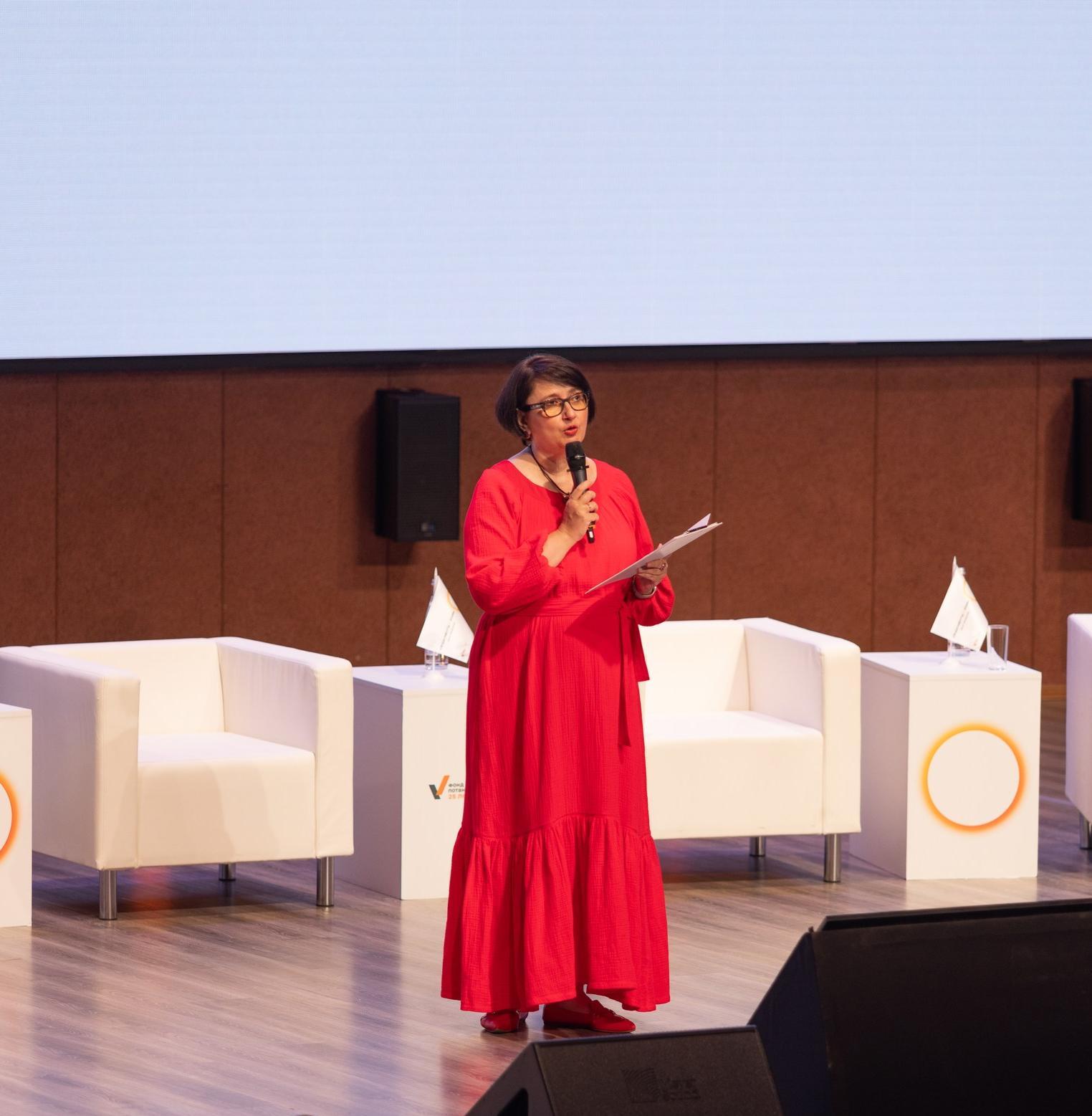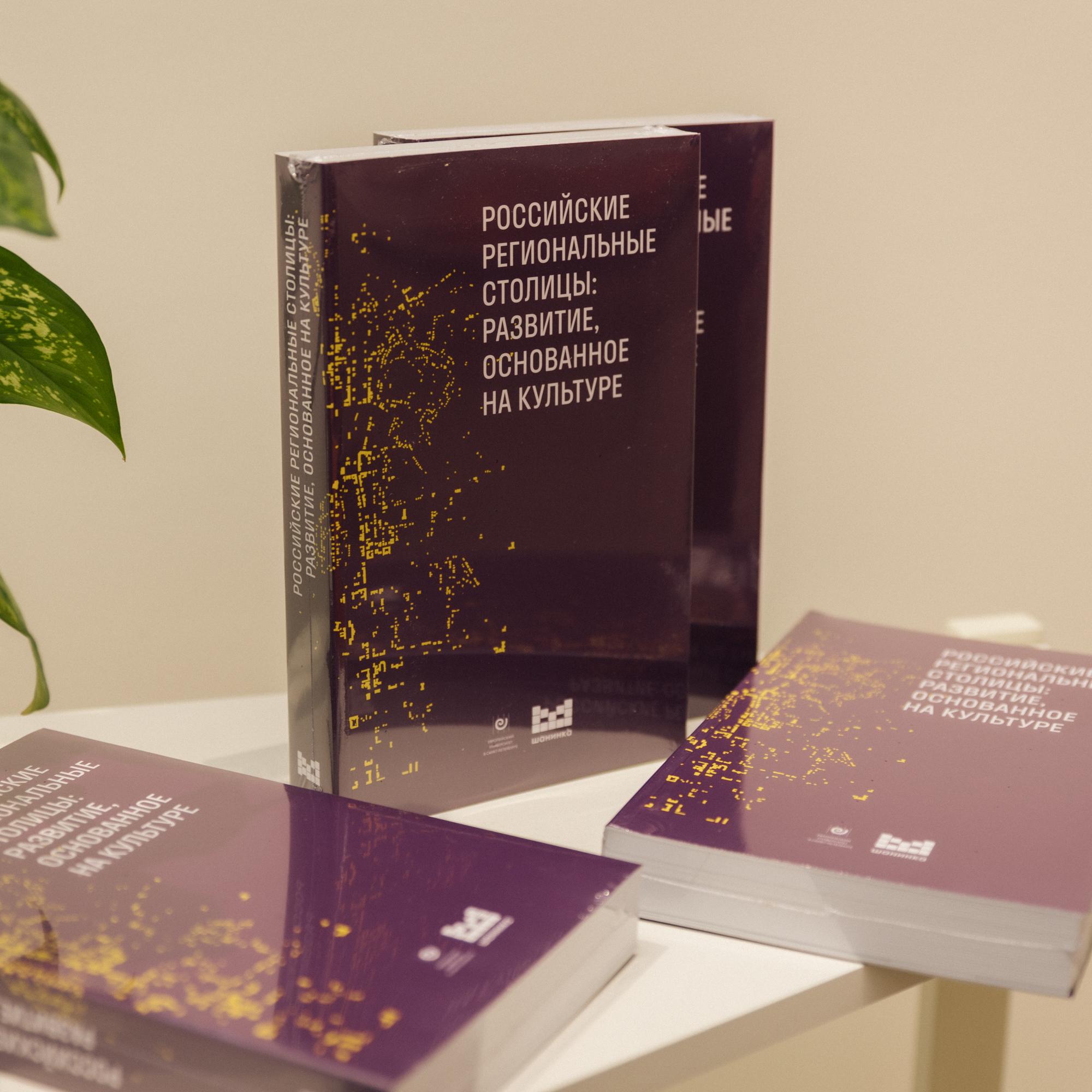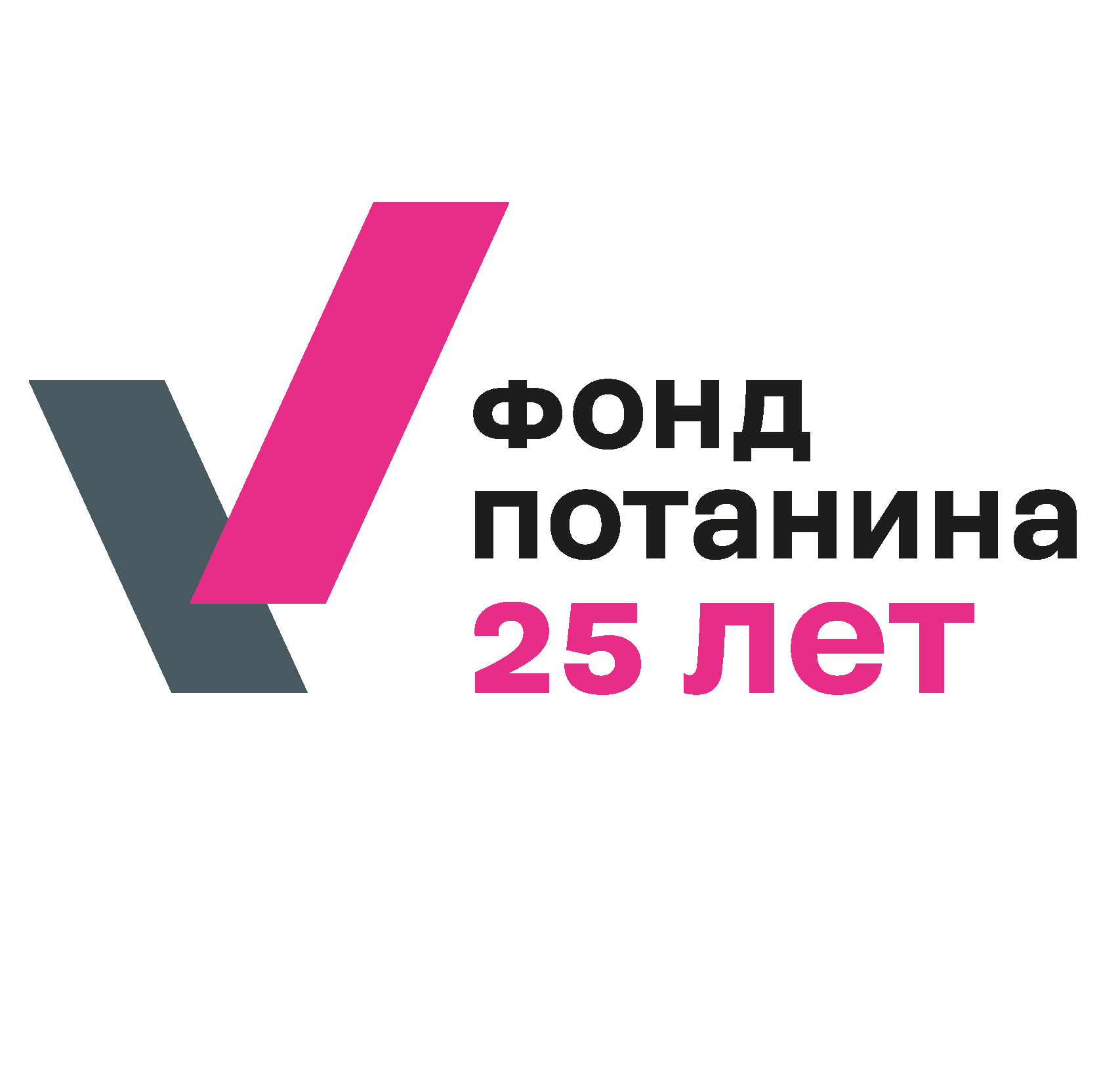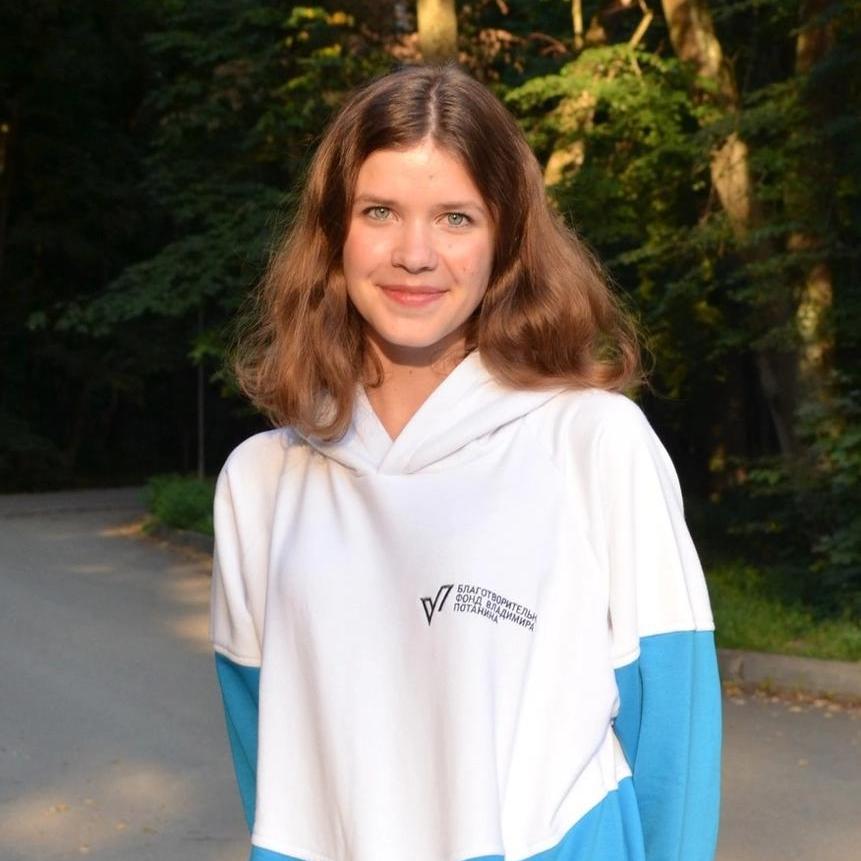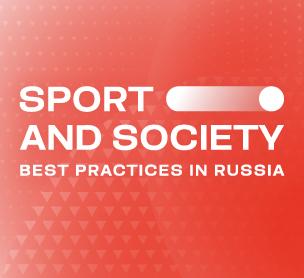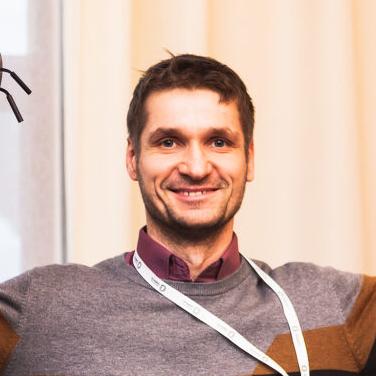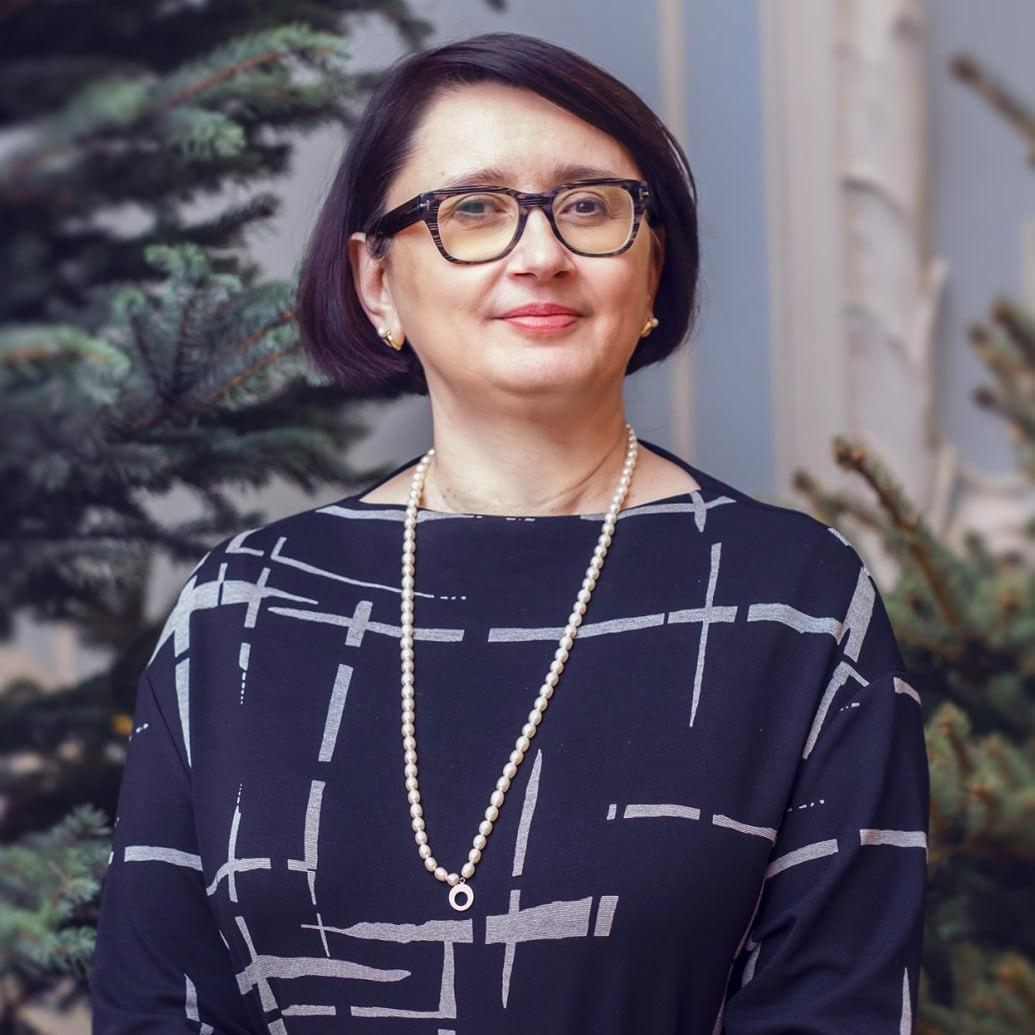"Give Food!" (“Dari edu!”) Project founded by Igor Shatunov has received support from the Foundation twice — it won in the New Dimension grant competition and in the competition by invitation for the grantees of anti-crisis initiatives. "Give Food!" provides food aid to people in difficult life situations by offering them food products and ready-to-eat meals. The project extends targeted assistance to vulnerable people, including individuals with disabilities, the elderly, large families, families raising children with special needs, single-parent families, adults with special needs, and homeless people. Additionally, the project team sets up special food boxes in shopping malls and grocery supermarkets where shoppers can donate food products. The products are gathered by the project volunteers, checked for expiration dates and defect-free packaging, and then distributed to those in need, ensuring their food security.
In 2020, during the lockdown, "Give Food!" launched a charity meal delivery service. The team had to make significant adjustments to their operations and start delivering food products directly to people's homes because many of the beneficiaries were individuals aged 70 and above, and leaving their homes was risky for them. Also early in the pandemic the project team began receiving letters from cafes and restaurants with offers to donate food for those in need. The project had to organize all the logistics and create lists of those who particularly needed such assistance. When the epidemiological situation improved, "Give Food!" decided to further develop this format, as it aligned with the project's mission — to promote accessible and everyday charity.
The idea for the project arose by chance: Igor Shatunov saw a similar initiative in one of the stores, which had a shelf with free bread. Igor liked the idea of sharing food, so he decided to do something similar in Moscow. However, he realized that the format needed refinement, as he was certain that without a systematic approach the idea wouldn't work effectively. Thus, the idea of creating special boxes, where anyone could place food products, emerged.
The initial plan was simply to set up one box for collecting food donations and thereby do a good deed for Igor’s local neighborhood. However, it so happened that the installed box was well-received by other shopping centers, and then by chain stores, so the project began to scale and evolve, giving rise to new directions.
Igor is greatly motivated by the involvement of a large number of people — volunteers, donors, and partners. People share the project's values and dedicate their resources to help the project grow and assist those in need.
The project has repeatedly received support from the Vladimir Potanin Foundation within the "Effective Philanthropy" grant competitions. The grant support for "Give Food!" is crucial as it helps create infrastructure for further development. However, Igor explains that it makes sense to seek funding from grant-giving organizations only for those projects that can continue to operate even after the grant period ends.
Due to winning in the "New Dimension" competition, "Give Food!" was able to retain its team during a challenging period of COVID-19 pandemic, maintain the budget for promotion activities, and automate the volunteer management process, which reduced the workload on the team and made their work more efficient.
Thanks to the invitation to participate in the Vladimir Potanin Foundation’s competition for grantees of anti-crisis initiatives, "Give Food!" was able to complete the construction of social kitchens in Moscow, Nizhny Novgorod, and Rostov-on-Don. These are small food production facilities with professional equipment, capable of producing up to 10,000 charitable meals per month. Through these kitchens, "Give Food!" increased the volume of assistance provided.
"Give Food!" plans to continue developing the project's infrastructure, including social kitchens, partnerships with retailers and businesses, and expanding the scope of comprehensive assistance to those in need. They also aim to involve more public figures and opinion leaders in the project's activities to showcase that everyday philanthropy is a way of life.
